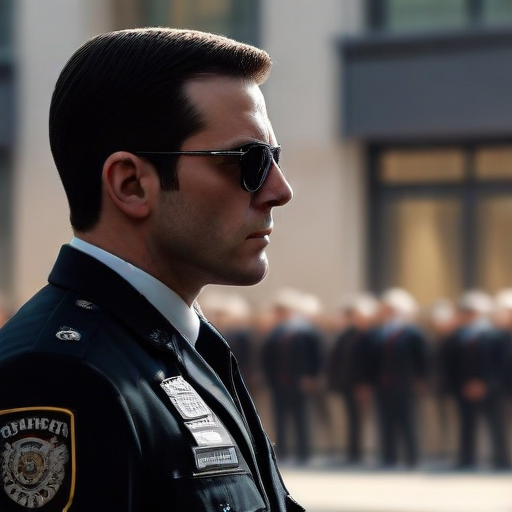A recent hearing by a bipartisan task force investigating the assassination attempts against President-elect Donald Trump escalated into a heated confrontation between Republican Rep. Pat Fallon and acting Secret Service Director Ronald Rowe. The tension arose during discussions of Rowe’s attendance at a 9/11 memorial event, where he stood notably behind President Biden and other high-ranking officials. Fallon accused Rowe of “playing politics” and questioned the appropriateness of his presence at such a memorial, suggesting it impaired security protocols.
The exchange intensified when Fallon produced a photo from the New York City event and pressed Rowe about his role as the acting director. Rowe defended his attendance, stating it was to honor fallen Secret Service members from 9/11 and highlighted his personal experience responding to the tragedy. Fallon, however, dismissed Rowan’s explanation, labeling it as insincere and accusing him of endangering the lives of the president and vice president.
Rowe firmly responded that politicizing 9/11 was inappropriate and insisted that his presence had not compromised security. As the exchange continued, he emphasized the sacrifices made by those in his position, adding weight to his defense.
The hearing was also focused on the security breaches that had allowed a gunman to approach so closely to Trump at a rally in July, resulting in injuries to Trump and attendees, and the tragic loss of a life. Rowe acknowledged these failures, admitting that the Secret Service had not met the expectations placed upon it.
This contentious moment highlights ongoing challenges within the Secret Service as it grapples with its responsibilities in securing high-profile individuals. It also serves as a reminder of the immense pressures facing those in security roles, particularly in a polarized political environment.
In summary, as tensions rise surrounding high-level security protocols, it’s crucial for law enforcement and security agencies to learn from past mistakes to ensure they effectively protect individuals in vulnerable situations. Looking forward, there is hope that such confrontations can lead to constructive changes and improvements in security measures.
